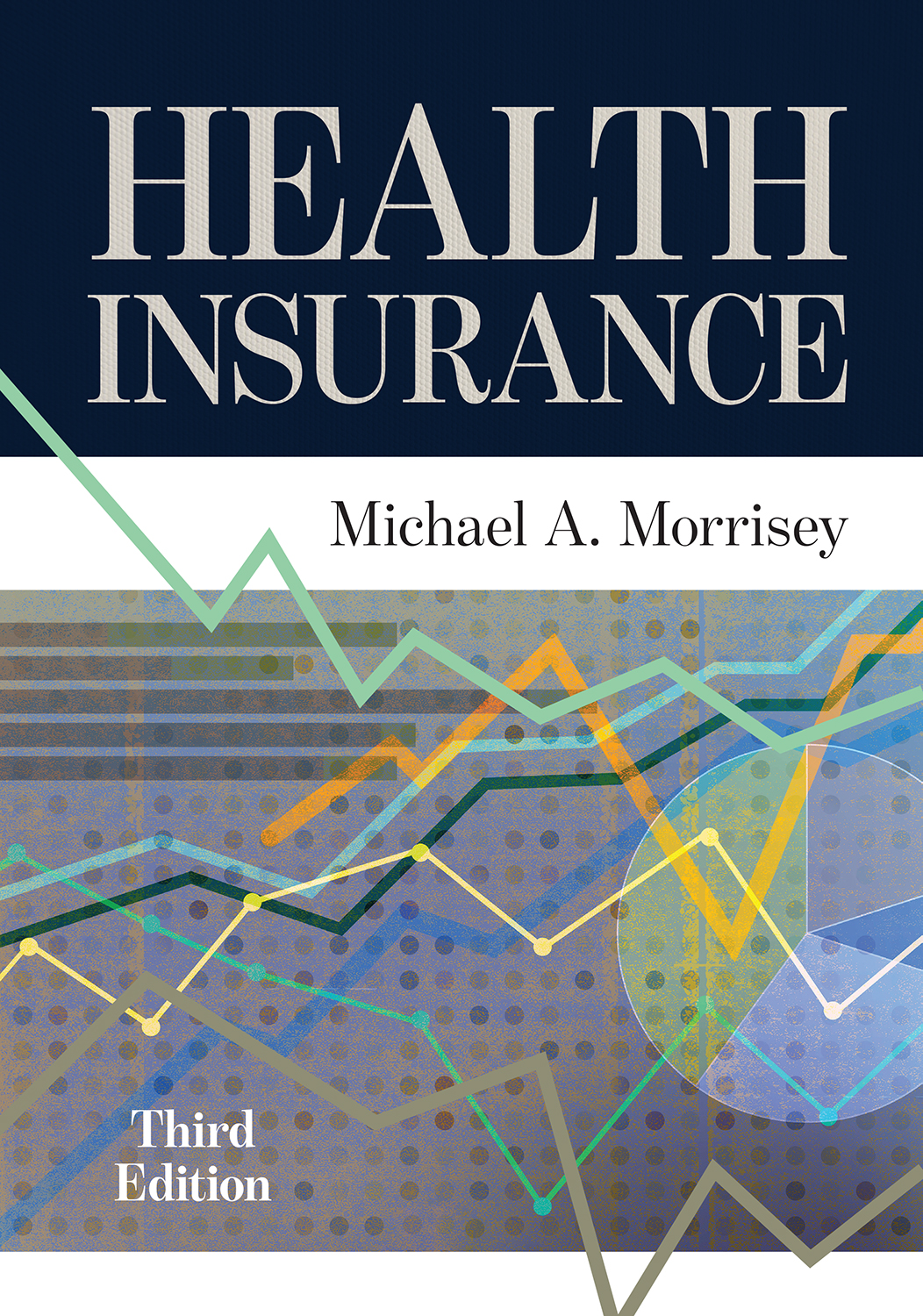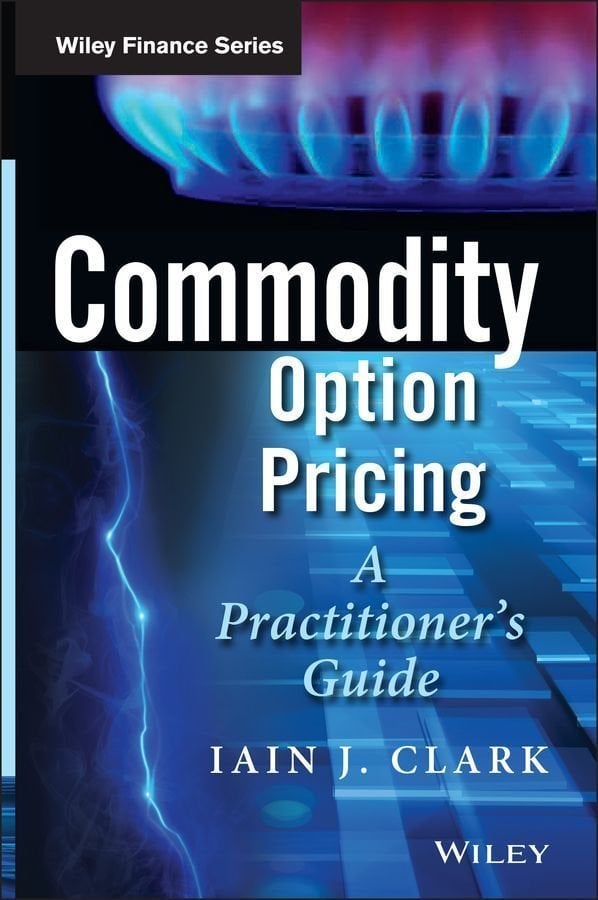Health insurance is the machinery that makes the financing of the US health system run. But what’s going on under the hood? Health Insurance helps readers learn the underlying assumptions, facts, and variables that drive decision-making and choices on the payer side. Picking up where introductory economics courses often leave off, the book presents the foundational economic principles of health insurance to clarify insurance-related policy and management issues. Author Michael A. Morrisey clearly explains complex concepts such as adverse selection, moral hazard, managed care, and employer-sponsored health insurance. Also addressed are risk adjustment, demand, health savings accounts, selective contracting, the diversity of health insurance markets, and the functioning of Medicare and Medicaid. The book is distinguished by its in-depth discussion of research in health insurance, both cutting edge and classic. This third edition has been substantially revised to reflect the rapid evolution of the healthcare field stemming from the Affordable Care Act (ACA). Throughout, data used are the most recent available. New elements include: • An all-new chapter on the ACA • Deep revisions to chapters on insurance coverage; insurance market structure, conduct and performance; and the individual market • New sections on the ACA’s risk adjustment and transitional adjustment mechanisms, the Oregon Medicaid experiment, wellness programs, interstate competition, and private health insurance exchanges • Fresh data on health savings accounts and consumer-directed, high-deductible plans • Inclusion of tax law changes in the ACA and in the 2018 tax reforms • An explanation of modified adjusted gross income, a new approach to defining eligibility Though health insurance has been a major player in the American healthcare system for decades, it’s hardly static. This new edition of Health Insurance keeps pace with the changes while also offering a thorough foundation on the basics.












